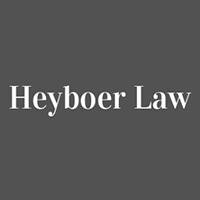 Port Sanilac Criminal Lawyers, Michigan
Port Sanilac Criminal Lawyers, Michigan
Sponsored Law Firm
-
 x
x

Click For More Info:
-
Goldman & Associates
615 Griswold St. Suite 1325 Detroit, MI 48226» view mapProbate Over 30 Years Experience
Accessibility, responsiveness, and personal commitment is our approach to client representation.
800-797-8031
Sponsored Lawyers
1-10 of 16 matches
Criminal, DUI-DWI, Bankruptcy & Debt, Personal Injury, Real Estate
When you've been arrested and facing criminal charges, there can be serious consequences for you and your family. Don't face your criminal charges alone - the committed attorneys at Heyboer Law have your back. We'll aggressively fight for you to get your life back. If you've been arrested for DUI or falsely accused of a sex crime, work with an attorney who'll work hard to fight for your rights and freedom. Our law practice areas include civil, bankruptcy, family law, and personal injury. Call us today to schedule an appointment.
(more)


 Akiva Goldman Detroit, MI
Akiva Goldman Detroit, MI AboutGoldman & Associates
AboutGoldman & Associates Practice AreasExpertise
Practice AreasExpertise

